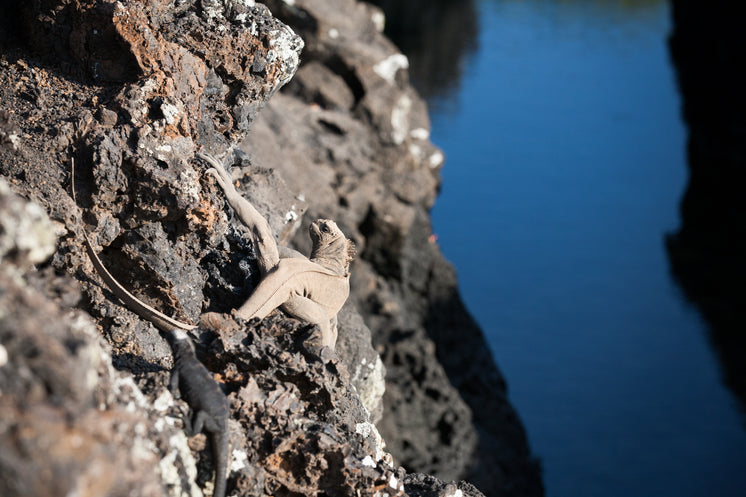mike tyson life story rights article276
 After winning third place in the unlimited weight class in boxing in the 2001 National Games of China, he was called in as a sparring partner for the Chinese national boxing team in 2002. In 2003, he lost 22:8 in the first round of the 2003 World Amateur Boxing Championships to Grzegorz Kiełsa. At the 2004 World University Boxing Championships, he lost in the final to Rustam Saidov. Zhang enrolled at Zhengzhou University in 2005 and graduated in 2009 majoring in sports training. At the 2005 World Amateur Boxing Championships in China, he beat Vugar Alekperov 20:11 before losing to eventual champion Odlanier Solis (17:7).
After winning third place in the unlimited weight class in boxing in the 2001 National Games of China, he was called in as a sparring partner for the Chinese national boxing team in 2002. In 2003, he lost 22:8 in the first round of the 2003 World Amateur Boxing Championships to Grzegorz Kiełsa. At the 2004 World University Boxing Championships, he lost in the final to Rustam Saidov. Zhang enrolled at Zhengzhou University in 2005 and graduated in 2009 majoring in sports training. At the 2005 World Amateur Boxing Championships in China, he beat Vugar Alekperov 20:11 before losing to eventual champion Odlanier Solis (17:7).
 El legado de Cus D’Amato en el mundo del boxeo contemporáneo es innegable. Sus enseñanzas no solo impactaron a sus boxeadores, como Mike Tyson, Floyd Patterson y José Torres, sino que también dejaron una marca indeleble en la forma en que se entiende y se practica el boxeo en la actualidad. D’Amato no solo se enfocaba en la parte técnica del deporte, sino que también hacía hincapié en la preparación mental y en el desarrollo del carácter de sus pupilos. Esta perspectiva integral del boxeo ha influido en entrenadores y boxeadores de todas las generaciones posteriores a la suya.
El legado de Cus D’Amato en el mundo del boxeo contemporáneo es innegable. Sus enseñanzas no solo impactaron a sus boxeadores, como Mike Tyson, Floyd Patterson y José Torres, sino que también dejaron una marca indeleble en la forma en que se entiende y se practica el boxeo en la actualidad. D’Amato no solo se enfocaba en la parte técnica del deporte, sino que también hacía hincapié en la preparación mental y en el desarrollo del carácter de sus pupilos. Esta perspectiva integral del boxeo ha influido en entrenadores y boxeadores de todas las generaciones posteriores a la suya.
.mw-parser-output .citation .mw-parser-output .citation:target ^Note 1 For WBO interim heavyweight title ^Note 2 For vacant WBC interim lightweight title ^Note 3 For Commonwealth Boxing Council and WBC International Silver lightweight titles ^Note 4 For British middleweight title
The Mike Tyson tattoo has played a significant role in shaping attitudes towards tattoos in both sports and mainstream culture. Once considered taboo, tattoos have become more acceptable and even celebrated, thanks in part to Tyson’s influence.
“We just wanted to tell an unbiased story and have the audience decide what they think or feel. Challenging what people think they know about Mike and hoping that they come away from the series with something else to think about. Whether you like him or hate him, does the story make you question how complicit society has been? That was the intention.”
Tyson’s new, mellowed state has finally allowed him to get real about his decision to get the tattoo. It boils down to caprice that reflects his drug-addled period. In an interview from 2012, posted on YouTube, Tyson states that he was intending to get “a bunch of hearts and stuff” on his face because he wanted to be known as “The Man of Hearts.” Tyson’s tattoo artist, Victor Perez, straight-up refused, and instead drafted some tribal patterns. “I just thought it was so hot,” Tyson says. “I would be in these dens, these clubs and strip places sometimes and all the girls said ‘oh you are very exotic, where are you from?'”
On August 25th, Hulu is launching the first two episodes of an eight-episode biopic series entitled Mike. The dramatized series stars Trevante Rhodes (Moonlight) as Tyson and Harvey Keitel (Reservoir Dogs, National Treasure) as famed boxing manager and trainer Constantine “Cus” D’Amato, and offers viewers a personal look at Tyson’s storied life box in yahoo.com and out of the boxing ring, including many of the scandals that “The Baddest Man on the Planet” weathered following his retirement from sports.
However, the story of Tyson’s face tattoo actually goes back several years earlier. According to Tyson himself, he was inspired to get the tattoo after seeing a similar design on the face of a Maori warrior during a trip to New Zealand. The Maori are an indigenous Polynesian people who have a rich cultural heritage and traditions that date back thousands of years. One of their most well-known customs is the practice of facial tattoos, which are known as moko.
Although the design of the Mike Tyson tattoos has remained virtually unchanged since its creation, from time to time he has made minor changes or additions to the pattern. These changes reflect Tyson’s changing tastes and preferences.
It’s also a big coup for Netflix, as live streaming a pay-per-view caliber event is sure to reshape how the streaming industry thinks about live sports on major platforms, though Amazon’s big moves acquiring sports streaming rights alongside the other big platforms shows they’re already on the ball. I think we’re really in for a historic event this summer and something that might really push the streaming world even further into sports.
Earlier this month, Jake Paul appeared in social media videos sitting in a tattoo parlor, with the artist applying what seemed like an identical design to the one already synonymous with Mike Tyson. It was quickly revealed to be the same tribal pattern that Tyson has on the left side of his face, a tattoo the former boxer first got in 2003.
It’s just not popular. Not yet anyway. China has 1.4 billion people, but, says promoter Bob Arum, “that doesn’t mean anything. India has number of people, and you couldn’t sell a ticket to Mahatma Gandhi fighting for the title.” In 2013, Arum signed Zou Shiming, Zhang’s Olympic teammate. The relationship was successful, with Zou even winning a 112-pound title. But he failed to capture national interest. “The problem was the guy couldn’t f—ing fight,” says Arum. “He won two gold medals, I don’t know how, but he couldn’t fight.” Zhang, Arum says, is different. “Heavyweights are the baddest guys in the world,” says Arum. “And I think his ability is much greater than Zou’s was.”

